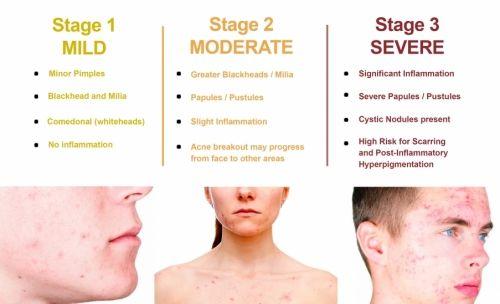Skin care is a crucial aspect of dealing with acne in addition to medication and cosmetic treatments. Proper care and maintenance are equally important as treatment, as inadequate daily care can lead to acne reemerging even after it has been cleared. While we often discuss acne treatment, many people do not know how to take care of their skin to reduce acne. In this article, we will discuss daily skincare and habits.
In terms of daily skincare and lifestyle habits, I have the following suggestions:
- Wash your face once or twice a day, but avoid over-washing as it can dry out the skin and increase acne formation.
- Use moisturizing products appropriately to maintain the moisture and softness of the skin’s stratum corneum.
- Avoid improper squeezing or extracting of acne or blackheads (including needle extraction) as this can exacerbate inflammation and may lead to deeper follicle inflammation, resulting in nodules or cysts. Squeezing acne can also damage hair follicles, leading to enlarged pores.
- Use at-home AHA fruit acid (with a concentration of about 10-20%) or products containing salicylic acid or benzoyl peroxide to keep the pores clear and prevent blockages.
- Prevent skin irritation from sunlight by using a light, non-greasy sunscreen, carrying an umbrella, or wearing a hat.
- Choose non-comedogenic skincare products when possible as these products are less likely to clog pores and reduce acne formation.
- Reduce consumption of fried and spicy foods, drink plenty of water, and eat fruits and vegetables as they provide the skin with various nutrients and antioxidants. A balanced diet and reduced consumption of processed and high-sugar foods are also essential. We will discuss the relationship between food and acne in detail later in the article.
- Reduce stress and get sufficient sleep to balance the body’s hormones and keep the body and skin healthy and beautiful.
Preventing acne formation is similar to preventing other diseases; we just need to be more vigilant and take precautions to reduce the chances of acne forming. When acne problems arise, seek medical advice as early as possible. Otherwise, when the problem becomes severe, acne scars and pockmarks can be challenging to treat.

